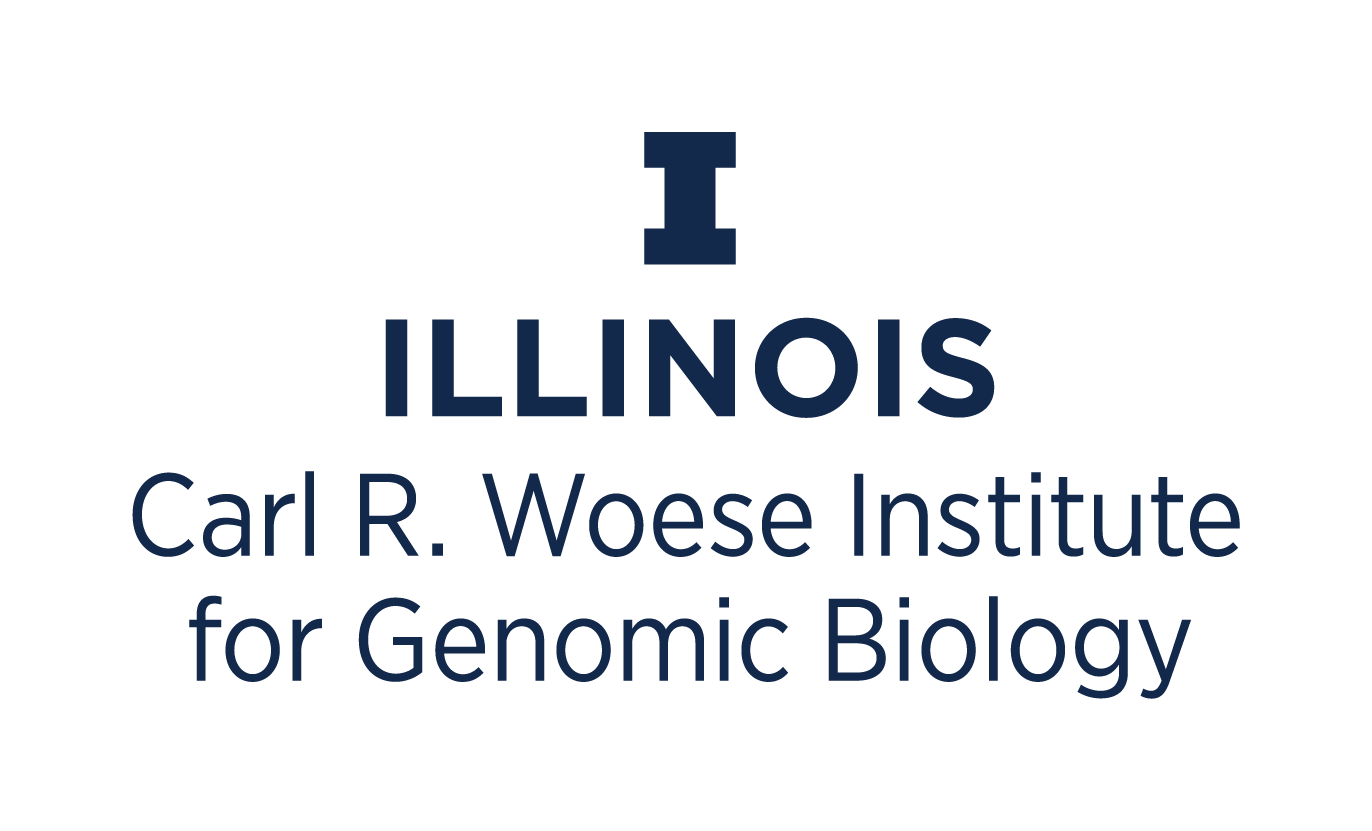New drug delivery method can reverse senescence of stem cells
As we age, our bodies change and degenerate over time in a process called senescence. Stem cells, which have the unique ability to change into other cell types, also experience senescence, which presents an issue when trying to maintain cell cultures for therapeutic use. The biomolecules produced by these cell cultures are important for various medicines and treatments, but once the cells enter a senescent state they stop producing them, and worse, they instead produce biomolecules antagonistic to these therapeutics.



